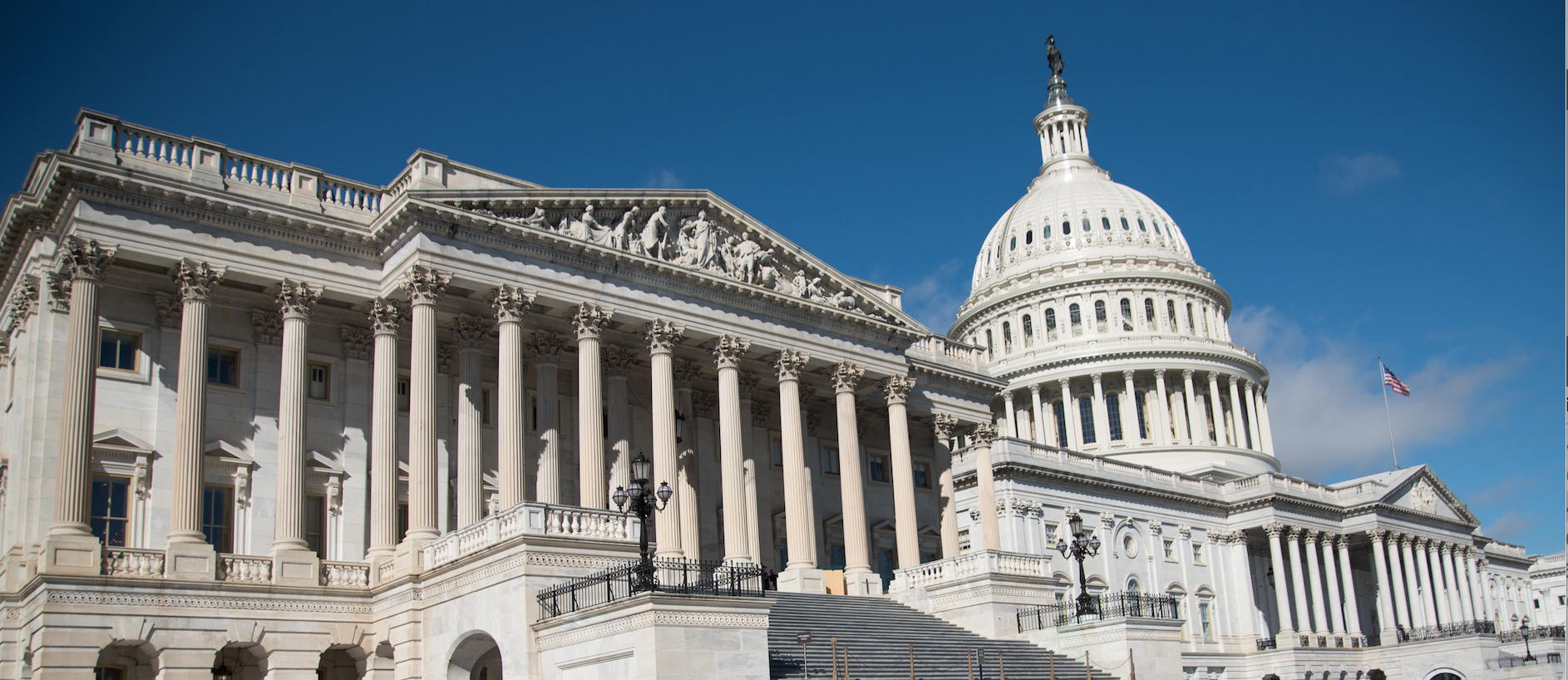WASHINGTON, D.C. (June 14, 2018) –The Black Women’s Health Imperative (BWHI) joined forces with Planned Parenthood and Spark at the Blavity-backed 21 Ninety women’s conference, Summit21 in Atlanta, Georgia on Friday, June 8, 2018 for a panel discussion on “Protecting Your Health Rights: Tools for Self-Advocacy.”
BWHI President and CEO Linda Goler Blount shared the stage with Dr. Krystal Redman of SPARK Reproductive Justice Now and Nia Martin-Robinson of Planned Parenthood to heighten awareness on the state of Black women’s reproductive health. The speakers emphasized the need to collaborate and combine forces and resources to protect policies that support good health and wellness for women of color.
During the panel discussion, they talked about the manner in which political structures do not take into consideration the actual “lived experiences” of Black women. Many political structures and legislation unknowingly impact Black women’s health and, particularly impact the ability to improve the health outcomes for many Black women.
Blount, Redman and Robinson agreed that there are too many examples of Black women that are not factored into the health and justice conversation and how that needs to change. For example, the Trump Administration is arguing that it’s unconstitutional to stop insurance companies from denying or dropping coverage for people with pre-existing conditions — such as cancer, asthma, or diabetes. This position does not consider the lived experiences of low income women and women of color and would exacerbate health disparities for Black women — particularly in maternal health — where a Black woman dies three to four times more, and in some areas, die 12 times more often as white women, just simply giving birth.
Blount also discussed why she believes this could be and should be the “year of the Black woman,” given the increased engagement of women in politics, civic activity and social movements.
“A couple months ago I was asked if this is the “year of the Black woman”, and I said, well it could be, because come November, if we understand the issues, and understand our candidates position on the issues, we can center Black women in the health and justice conversation,” says Goler Blount.
“As a nonprofit, we can’t tell you how to vote, but we can surely say here are the issues, here’s your political candidate’s position and share our national legislative agenda on Black women’s health to empower you to hold your candidate accountable. We want to do everything that we can do to have our value at the table.”
The panel discussion concluded with a brief and powerful Q & A session in which an outpouring of lived experiences and empowering opportunities to work together to make the changes women want to see.
The BWHI Legislative Agenda: Black Women Vote: The 2018 National Health Policy Agenda is set to release late this summer, 2018. A brief overview can be found here. Click here to be directly notified on the release.
###
About the Black Women’s Health Imperative
The Black Women’s Health Imperative identifies the most pressing health issues that affect the nation’s 21 million Black women and girls and invest in the best of the best strategies, partners, and organizations that share our goal: ensuring Black women live longer, healthier, more prosperous lives.


